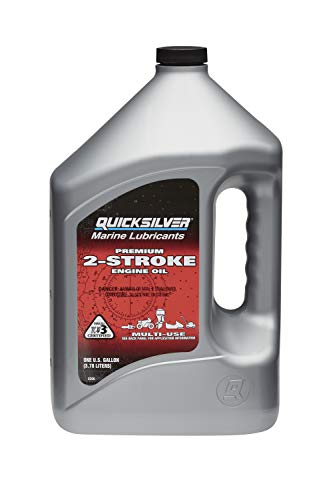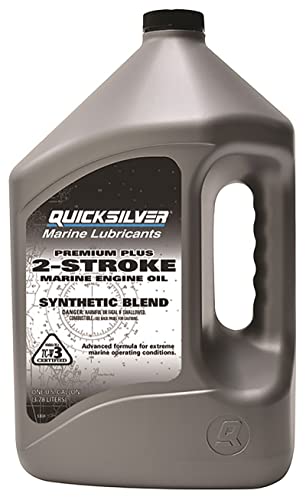
Choosing the right two stroke outboard oil is one of the most important things you can do as a boat owner. Not only does it help protect your engine, but it can also improve fuel efficiency and reduce emissions. With so many options available in the market, it can be overwhelming to make a decision. In this article, we will provide you with some valuable tips to help you choose the best two stroke outboard oil for your boat.
Tips for choosing the right two stroke outboard oil:
1. Consider the Manufacturer's Recommendations
Every outboard engine has different requirements when it comes to oil. It is important to check the manufacturer’s recommendations before buying a two stroke outboard oil. The manual will provide all the necessary information regarding the type of oil that is recommended for your engine.
Choosing the right oil is important as it can dramatically increase the lifespan of your outboard engine. Different engines have different requirements when it comes to viscosity, ash content, and detergency. Make sure you use the oil that is recommended by the manufacturer.
2. Look for Quality Brands
There are many brands of two stroke outboard oil available on the market, which can make it difficult to know which one to choose. However, by sticking to the well-known and respected brands, you can have confidence in the quality of the oil you are buying.
Quality brands generally have established reputations and are known for producing oils that meet industry standards. Such oils are more likely to deliver the required level of protection and improve engine performance, without causing damage to the engine.
3. Check the Type of Base Oil Used
Two stroke outboard oils can use either mineral or synthetic base oils. Mineral-based oils are less expensive than synthetic oils, but they also require more frequent changes. Synthetic oils, on the other hand, are more expensive but last longer and provide better performance and protection.
When choosing a two stroke outboard oil, you need to keep in mind the operating conditions of your boat. Synthetic oils are better suited for extreme operating conditions, such as high temperatures or frequent high-speed operation, whereas mineral-based oils are useful for more relaxed operating conditions.
4. Consider the Detergency Level
Detergency is the ability of oil to remove and prevent deposits from forming on the engine’s components. A high detergency level is ideal as it helps to keep the engine free of deposits, improving its performance and extending its lifespan.
When choosing a two stroke outboard oil, look for detergents in the formulation. The detergency level is usually indicated on the packaging, so make sure you check it before making a purchase.
5. Choose the Right Viscosity
Viscosity is a measure of how easily the oil flows through the engine. It is an essential property of two stroke outboard oil as the oil needs to flow through the narrow passages of the engine under high pressure. A low viscosity oil is thinner, making it easier to flow through the engine. Conversely, high viscosity oils are thicker and require more pressure to flow through the engine.
Choosing the right viscosity depends on the operating conditions of your boat. Engines that operate primarily at low speeds and lower temperatures require a lower viscosity oil. Engines used for high-speed operation or in high temperatures require a higher viscosity, as it provides better protection from wear and tear. The operating manual for the engine will provide the recommended viscosity range.
6. Environmental Concerns
Finally, you need to consider the environmental impact of the oil you are using in your outboard engine. There is a growing concern about the impact of oils on the environment, especially in marine environments. You need to choose an oil that is environmentally friendly and is less likely to contribute to pollution.
Luckily, many two stroke outboard oils that are available in the market are certified by organizations such as the National Marine Manufacturers Association (NMMA) and the American Petroleum Institute (API). These certifications indicate that the oil meets certain environmental standards and can be safely used in marine environments.
Conclusion
Choosing the right two stroke outboard oil is crucial for the health of your engine and the environment. When selecting an oil, make sure you check the manufacturer’s recommendations, choose a quality brand, consider the type of base oil used, check the detergency level, choose the right viscosity, and consider environmental concerns. By following these tips, you can select an oil that provides the right level of performance, protection, and environmental friendliness for your boat.
Related Topics You Might Like



















